Tour Management
Tour management software, also known as a CMS (Content Management System) for tours, is a vital tool for modern travel agencies, tour operators, and guides. It serves as a comprehensive platform to streamline the entire process of planning, organizing, marketing, and executing tours efficiently. Here's a breakdown of its key features and benefits:
Itinerary Management:
Tour management software allows users to create detailed itineraries for various tour packages. This includes specifying destinations, activities, accommodations, transportation details, and timelines. Users can easily customize itineraries to meet the specific needs and preferences of their clients.
Booking and Reservation:
One of the core functions of tour management software is facilitating bookings and reservations. It enables users to manage availability, accept online bookings, process payments securely, issue tickets or vouchers, and send booking confirmations to clients automatically.
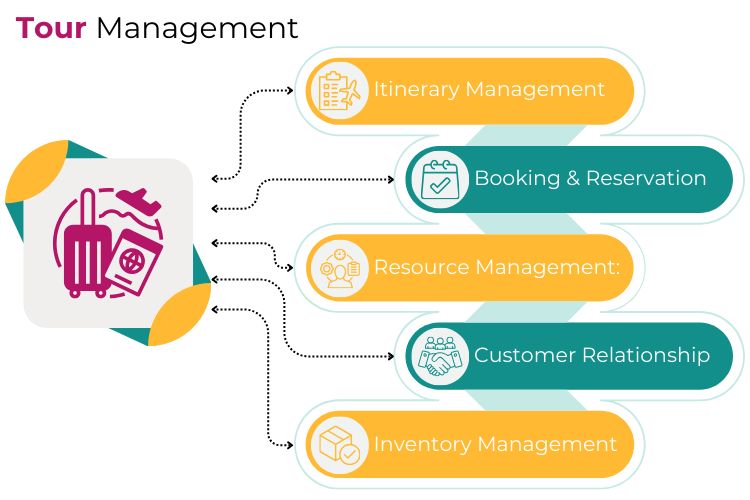
Resource Management:
Tour operators often deal with various resources such as vehicles, tour guides, accommodations, and equipment. CMS software helps in efficiently managing these resources by providing tools for scheduling, assigning tasks, tracking availability, and optimizing resource utilization.
Customer Relationship Management (CRM):
Maintaining strong relationships with customers is crucial in the travel industry. Tour management software typically includes CRM functionalities to store customer information, track interactions, manage inquiries and complaints, and send personalized communications such as newsletters or promotional offers.
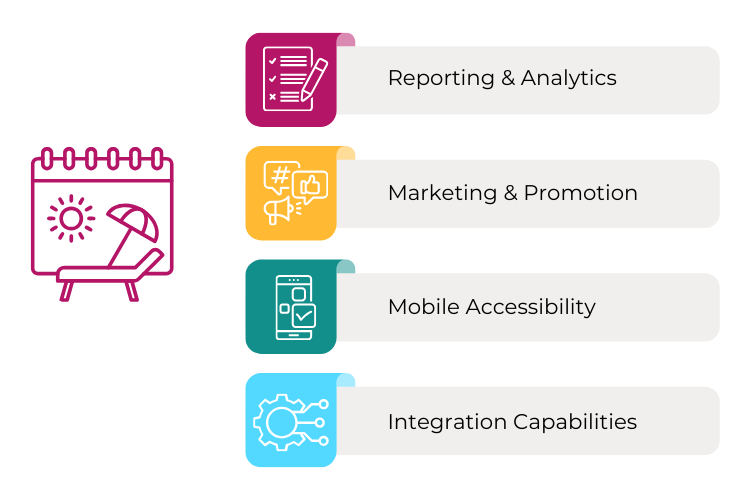
Inventory Management:
For tours that involve physical goods or merchandise, such as souvenirs or equipment rentals, inventory management features are essential. The software helps in tracking inventory levels, managing stock, and automating reordering processes to ensure smooth operations.
Reporting and Analytics:
Data-driven insights are invaluable for making informed business decisions. Tour management software offers reporting and analytics tools that generate various types of reports, including sales performance, customer demographics, booking trends, and revenue projections. These insights enable users to identify opportunities for growth and optimize their offerings.
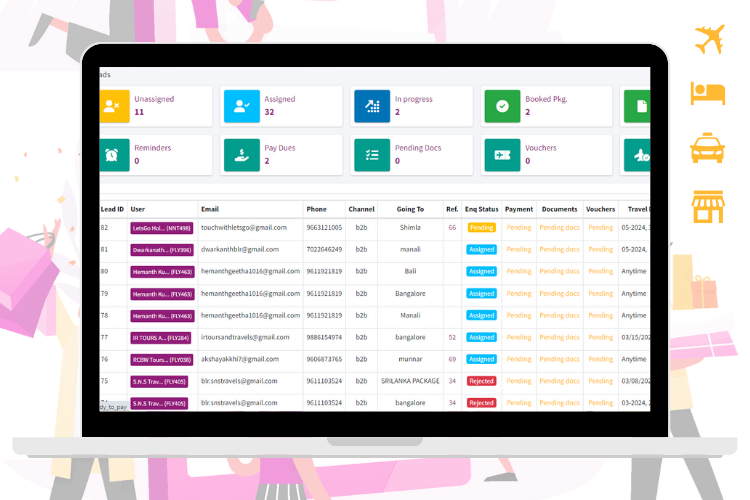
Marketing and Promotion:
Effectively marketing tour packages is essential for attracting customers and increasing bookings. CMS software often includes features for creating and managing marketing campaigns, such as email marketing, social media integration, search engine optimization (SEO), and advertising.
Mobile Accessibility:
With the increasing reliance on mobile devices, tour management software usually offers mobile apps or responsive web interfaces. This allows users to access essential features and information on the go, whether they are managing bookings, communicating with clients, or accessing itinerary details.
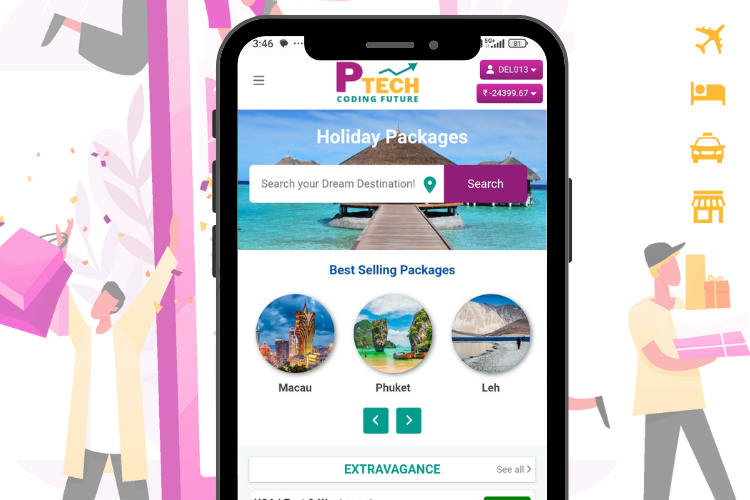
Integration Capabilities:
To maximize efficiency, tour management software should seamlessly integrate with other essential tools and platforms, such as accounting software, online payment gateways, mapping services, and third-party booking platforms. This ensures smooth data flow and eliminates the need for manual data entry or reconciliation.
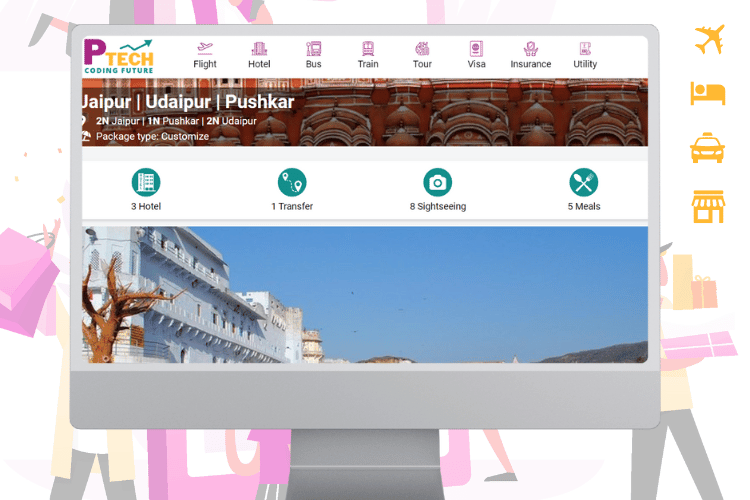
In conclusion, tour management software plays a crucial role in the success of travel agencies and tour operators by streamlining operations, enhancing customer experiences, and driving business growth. By leveraging its diverse features and functionalities, businesses can efficiently manage every aspect of their tour operations and stay competitive in the dynamic travel industry.
